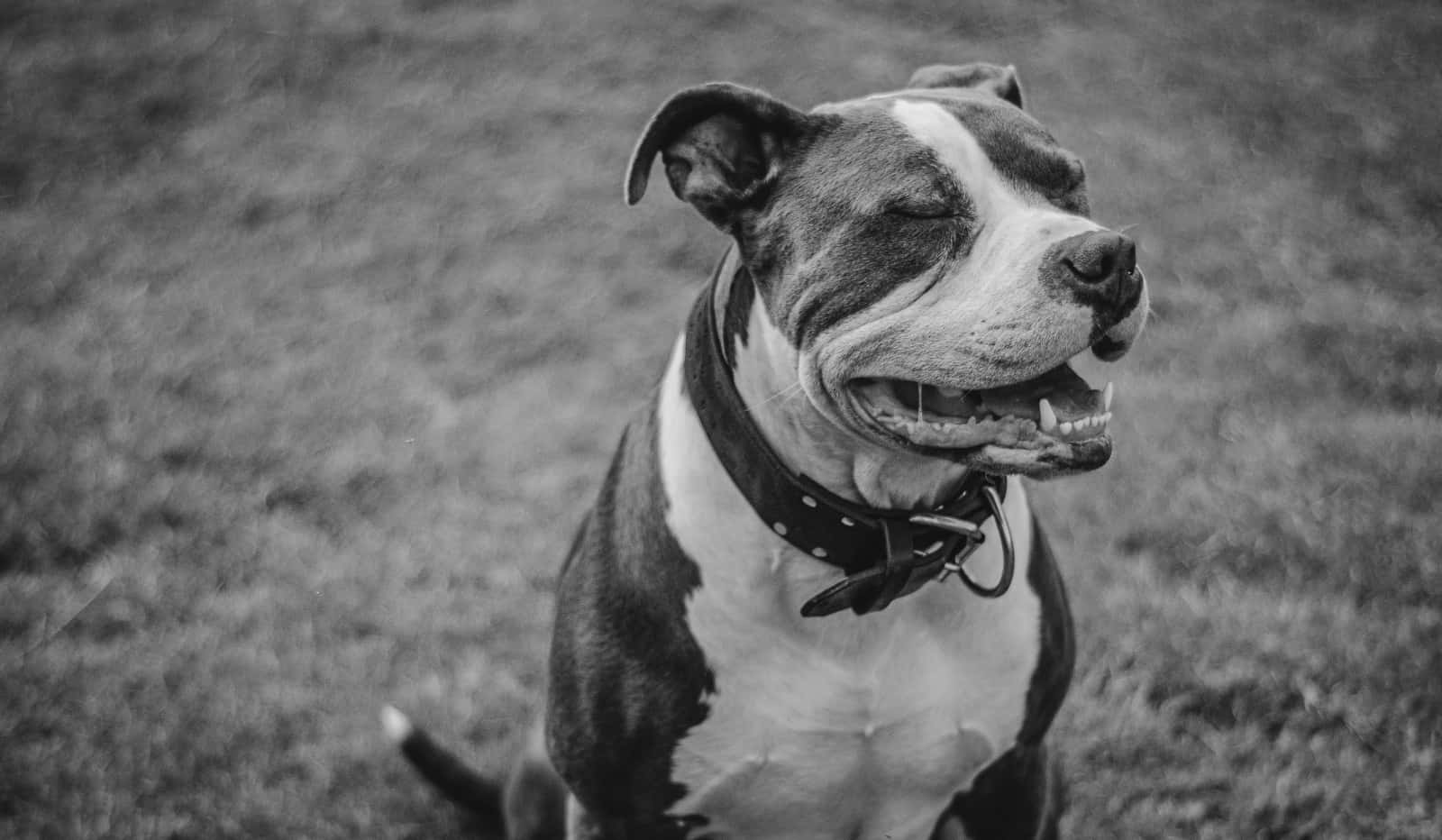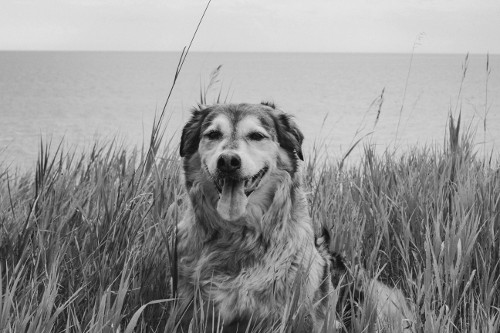GET IN TOUCH
Please contact us for more information. Our email is monitored seven days a week and we will get back to you shortly.

A teenaged boy in Surrey BC was attacked by a pit bull and sought damages for injury from the property owner and the dog owner. The boy was walking through an alley when a pit bull ran towards him from an adjacent property. He did not do anything to provoke the dog and tried to run away. The dog continued to chase him, and eventually bit his back and underarm severely. The injured teen, Ali, chose to sue the property owner, Samra, and the alleged owners of the dog, Johns and Perry (Ali v. Samra 2019). Johns and Perry were tenants of Samra’s property. Samra rented out the home to Farbeh, who sublet the property to Johns and Perry.
In this article, we’ll cover the basics of negligence law relating to dogs in British Columbia with examples from this recent case.
There are three principle ways that the law holds people responsible for harm caused by a dog.
If the behaviour of the dog could cause foreseeable harm to others, the person whose control the dog is under has a responsibility to prevent the harm. This is true regardless of the ownership of the dog, or the location of the dog.
The dog’s owners were unknown, and Ali couldn’t prove that Johns and Perry were caring for the dog at the time. The original ownership of the dog was allegedly a previous tenant at the property. One of the current tenants attested that Johns and Perry were the new carers of the dog since the owner had left; however, his testimony was inconsistent and deemed not a reliable source of evidence by the judge. Johns and Perry successfully defended against the general negligence claim because no one could prove the dog’s ownership.

If a dog causes injury on someone’s property, that person may be legally responsible. This is because in BC, a person who owns or cares for property must take reasonable steps to ensure activities conducted on the property do not pose unreasonable risks to others. Even though the property owner might not own the dog, they have a duty to ensure people are reasonably safe on their property. Owners can be liable for injuries on their property in British Columbia.
Samra, in his tenancy agreement, specified to Farbeh that no pets were allowed on the property. He instructed Farbeh to pass this information on to all tenants. In maintaining the property, Samra went to the property once or twice a month inspecting for any possible damage and ensuring no pets were living in the home. He had never seen a dog on the property and had no knowledge of any dog staying there. The Court found that Samra took reasonable steps to ensure there was no unreasonable risk to others on his property and was not liable.
If Samra knew that the dog was living on the property and that the dog was dangerous, then Ali would have had a stronger case under Occupiers’ Liability Law. However, even if Samra had knowledge that the dog was living on the property, the case would likely still be unsuccessful because he probably couldn’t have foreseen that the dog was dangerous.
The judge also outlined the fact that the alley in which accident occurred was not Samra’s property. The judge notes that Samra did not have a duty of care to Ali since he was a stranger passing by the property. If the claimant were a tenant or a visitor to his property, Samra may have been liable.
Scienter refers to the degree of knowledge a defendant has regarding the “wrongness” of an act (or failure to act) before anything actually occurs. This means that if you own or care for a dog, and you know the dog has demonstrated dangerous behaviour even once previously, you may be liable if that dog’s behaviour causes injury.
Potential claimants who have suffered from a dog attack can call local resources like the SPCA to report an attack and inquire if the dog has a record of aggressive behaviour. To make a succesful claim against the owner of a dog who caused you or your dog harm, you must prove:
Similarly to the argument under general negligence law, Ali could not prove that Johns and Perry were caring for the dog at the time of the injury so they could not be held liable. This law does not apply to Samra because he was not caring for the dog, did not know the dog was living on the property and obviously had no knowledge that the dog was dangerous. Since Ali could not prove any of these three principles, his lawsuit was dismissed.
If you are a dog owner, regardless of the breed, it is a good choice to have insurance to protect you and any person that could be injured by your dog. For more information, read our blog on acts of dog and the law in BC. If you or someone you know was injured by a dog, we encourage you to contact a lawyer as soon as possible. For more information, visit our page on dog attack injury claims.
Contact us for a free consultation. Reach us via phone at 250-888-0002, or via email at info@leaguelaw.com.